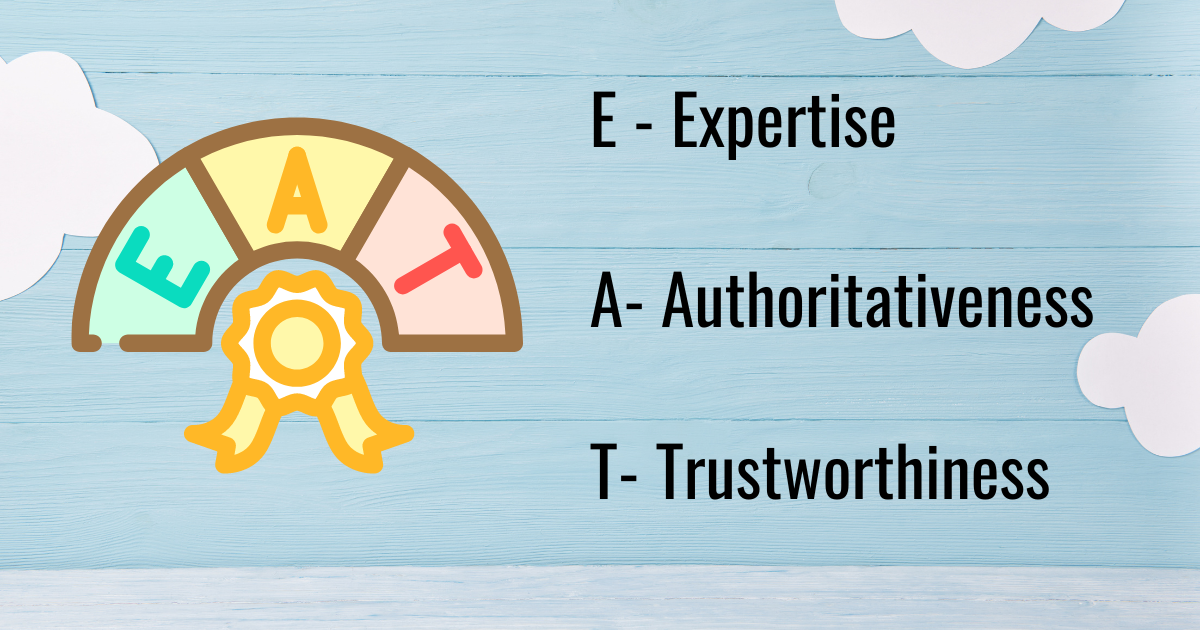Table of Contents
Software development demands a constant investment of resources, regardless. Inadequate performance of the end product will lead to resource wastage. The funds will vanish forever, resulting in investors losing time, money, potential profits, and reputational damage. Hence, quality assurance may be the most important process in software development. Here, we will understand what is quality assurance and why it’s important:
What is the meaning of Quality Assurance?
QA, or quality management, is a simple process that involves several steps to ensure high standards. Software development agency involves a multifaceted process that starts well before the creation of code. The process involves correctly executing the development plan and overseeing, evaluating, and testing the product's performance throughout its development. QA encompasses the development of reports and optimization procedures, as well as other aspects of quality control.
Quality Control Process
What factors contribute to make-up quality control? What factors contribute to making up quality control? To ensure the best possible outcome, it is essential to devise a plan for all necessary steps.
The needs in the plan must be used to justify the selection of tools.
Education - Training the team to train and teach teammates about the high standards they are expected to meet.
Auditing - overseeing the process and scrutinizing progress on every level.
Importance of QA in Software Development?
Checking for Defects
Software errors and defects are identified and corrected through quality assurance. QA engineers carefully review the functionality, usability, and performance of the software. QA professionals can identify potential flaws or weaknesses early in the development process by conducting rigorous examinations and testing, which can help them avoid major problems within production systems.
Ensuring Software Adherence to Specifications
QA's primary objective is to ensure that software products meet specific specifications and requirements. The QA team works closely with all stakeholders, including customers, product managers, and developers, to establish precise and quantifiable success criteria. The purpose of QA teams is to verify the conformity of their products to the intended users by checking each feature or function against these standards.
Maximizing UX
The UX experience is a crucial factor in software development. It has a significant impact on both user satisfaction and the adoption rate satisfaction. Quality assurance aims to enhance UX by scrutinizing the quality, usability, and accessibility of software interfaces. QA practitioners investigate usability, user feedback, and interface inspections to identify areas for improvement or promotion of designs that are guided by user-centric design principles.
Constant Improvement
The efficiency of QA teams' development processes is measured through the use of metrics, performance, and indicators. Quality assurance isn't a one-time occurrence, but rather an ongoing process that strives for improvement and innovation. Continuous improvement can help companies improve the performance of their software, foster innovation, and adapt to new market conditions as consumer demands shift. The efficiency of QA teams' development processes is measured through the use of metrics, performance, and indicators.
Ensuring Durability and Stability
QA teams demonstrate the dependability, responsiveness, and scale of software systems to ensure their durability and stability under extreme conditions. Mission-critical software and systems require high levels of performance and reliability in software development. Testing the performance of software under different circumstances and loads is among the methods used in quality assurance, including load, stress, and scalability testing.
Security
In today's digital world, where hackers are everywhere and rules are stricter, making sure things are done right is super important. Quality assurance (QA) testers do a bunch of tests to find any sneaky security issues and keep our info safe. These tests also make sure that software follows the rules set by industries and governments. Following these rules helps avoid money and legal troubles and makes customers feel good about what they're using. So, quality assurance is crucial for keeping everything safe and trustworthy in the digital realm.
Better Communication and Collaboration
Effective collaboration and communication are essential for a project's success in today's complex software development. QA practices are essential in creating a team atmosphere that fosters collaboration. QA teams serve as a means of sharing information among different stakeholders, such as developers, product managers, and end-users, about the project's objectives, requirements, or expectations.
QA personnel advocate for unambiguous and open communication methods to avoid confusion and maintain alignment throughout the development process.
Reducing Costs and Time-to-Market
Time-to-market is a critical factor in determining the success or failure of software products in today's fast business environment. The identification and resolution of issues early in development can decrease time-to-market. The use of extensive testing and quality control by QA teams during the software development lifecycle can minimize the risk of defects, errors, costly rework, and delays.
The early investment in quality assurance during the development lifecycle helps teams identify issues before they impact project timelines and budgets. The use of automated testing frameworks, code reviews, and continuous integration practices can aid QA teams in enhancing the quality of software.
Summary
Quality assurance is defined as meeting demands and standards. Without implementing Quality assurance, the company may encounter dissatisfied customers, delays, and misinterpretations.
Software development requires the swift implementation of quality assurance. Your brand's enthusiasm will be maintained as you achieve positive results.
Author - Sunny J.
Sunny J. is a seasoned content writer with 8 years experience in web development, software development and digital marketing content across multiple formats. He leverages his skills in crafting curated content on the web technology and digital marketing. In his personal time, He enjoys reading article and being up-to-date on trends in marketing and website design.





